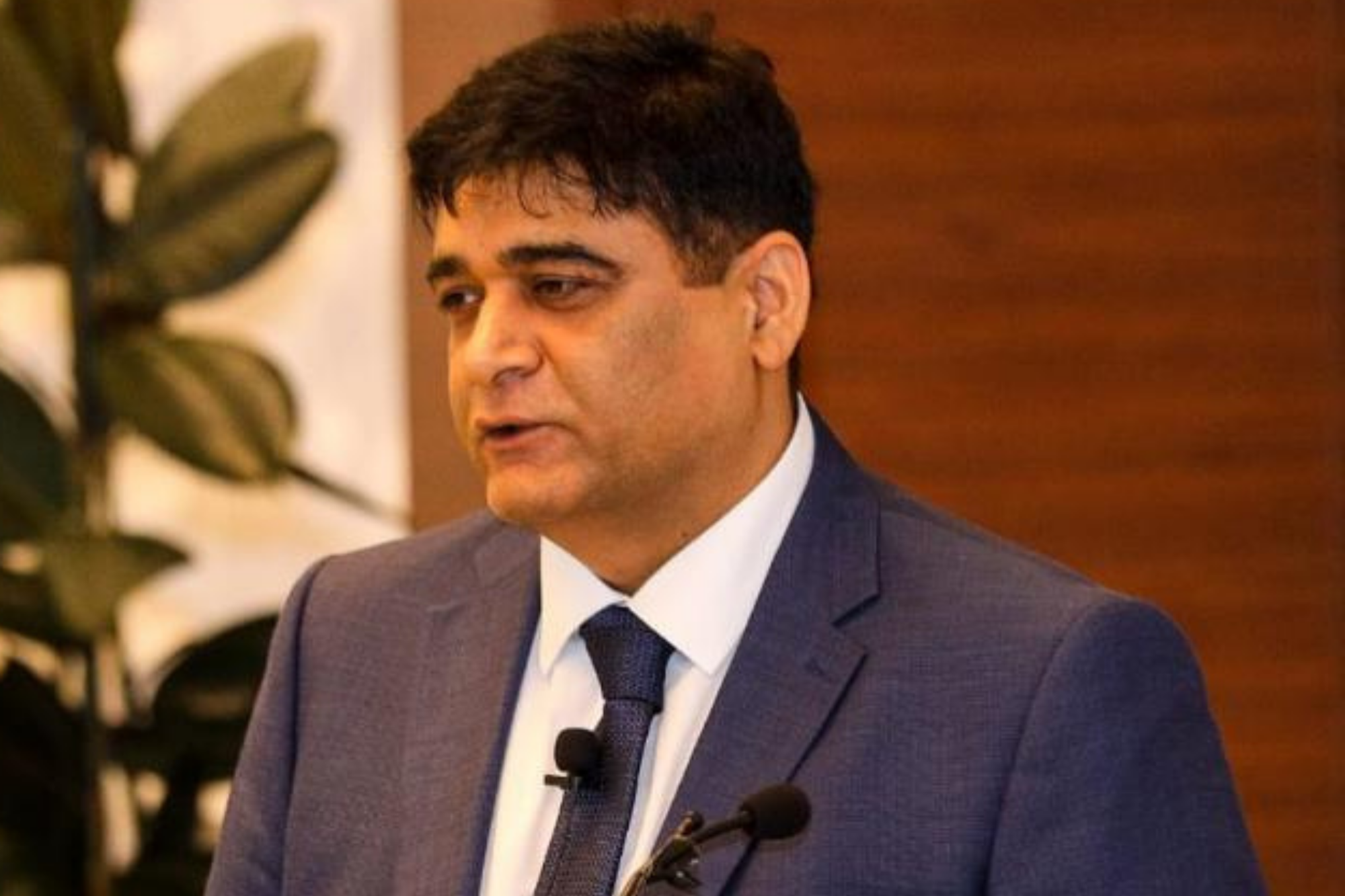Startup Spotlight: Dubai-Based Direct Debit Is Easing The Process Of Budgeting For Quarterly And Biannual Payments Using a single log-in on the Direct Debit platform, users can ensure that they pay their major bills and fees in monthly instalments.
By Aalia Mehreen Ahmed Edited by Aby Sam Thomas
Opinions expressed by Entrepreneur contributors are their own.
You're reading Entrepreneur Middle East, an international franchise of Entrepreneur Media.

This article is part of an ongoing series covering startups that have been a part of the Mohammed Bin Rashid Innovation Fund (MBRIF) accelerator program.
"Quarterly or biannual checks for rent and/or school fees are a huge problem for a monthly-salaried person to budget." In this statement, fintech startup Direct Debit's founder and Managing Director Ummair Butt encapsulates the sole reason behind the creation of the platform.
Launched in 2017, Dubai-based Direct Debit is an online avenue that enables merchants and payers to use a paperless system for recurring payments such as monthly rents, school fees, utility bills, and loan repayments. Butt's initial statement is perhaps a sentiment that many who depend on month-to-month remuneration share as well. Budgeting for lump sum payments, such as house rents and school fees, using post-dated checks can often be burdensome. But with Direct Debit, users can opt for monthly direct debits, which are easier to account for, instead of using post-dated checks. "The idea behind this originated when I noticed that every September, I had a rather large school fee check, going out with my quarterly rent check," recalls Butt. "As a monthly-salaried person, that would push me onto using a credit card, and then a further struggle would ensue to bring it all under control. I decided then that a service that aligns monthly outgoing with monthly incoming cash flows will help the general population, as well as merchants and landlords."
Direct Debit's offerings are fairly straightforward. Using a single log-in on the Direct Debit platform, users can ensure that they pay their major bills and fees in monthly instalments. The log-in can be done directly using the UAE PASS app, which is the national digital identity and signature solution that enables users to identify themselves to government service providers in all the Emirates through smartphone-based authentication. "With checks no longer a security instrument by law, we provide an efficient alternative to both merchants and payers," explains Butt. "Research also shows that, if allowed to pay monthly, bounced payments reduce by 41%. So, this is a win-win for everyone!"

Using Direct Debit, users can also manage and track past payments and plan for future ones. The platform's user-centric approach is evident in how it sends out email and SMS alerts before every payment's due date. These online transactions, between user and merchant, therefore form the primary source of Direct Debit's revenue. "Our business model revolves around making sure cost savings are passed on to merchants who are keen to transform their businesses to digital/paperless and at the same time payers get to pay monthly instead," elaborates Butt. "The platform will remain free for payers, but merchants will pay per transaction thereby making it a variable cost."
Related: Startup Spotlight: Dubai-Based Indoor Farming Startup KRISPR On A Mission To Transform Agriculture
It's worth noting here that Direct Debit has been backed by the UAE government itself. As a firm regulated by the UAE Central Bank, Direct Debit enables the majority of banks in the UAE to offer consumers a paperless way to manage payment transactions. "We host our system and merchant/payer data in a government-provided private cloud, which means the data on our platform is as secured as of any government entity," adds Butt. "This also means we are compliant with the Dubai Electronic Security Center. For merchants, we also provide end-to-end automation, which includes, but is not limited, to transformation of account receivables or bank reconciliation functions as well as e-contracts." Indeed, it is this automation service that Direct Debit offers to merchants that provides another source of revenue for the startup. "While the main driver of our revenue remains transactions, we also provide end-to-end automation services that involves integrating merchant's financial systems to our platform, which, in turn, provide a second revenue stream for us and also enables investment from the merchant," explains Butt.
Amid all the digital disruptions Direct Debit professes, Butt says the platform has a human component as well. "We will always make sure there's a phone number available to call, and that there's someone on the other end to answer for both sides of our marketplace," he says. "Our partners and users will find us a brick-and-mortar partner." }Having generated close to AED1 million in revenue so far, Direct Debit is now all set to launch a paperless marketplace in 2022. Notably, this will also be accessible through UAE PASS. "We have so far raised AED1.5 million in two funding rounds which has helped us develop a marketplace that will be launched in January next year," says Butt. "We also aim to be an AED100 million company in the next three years on the back of our regulatory approval and marketplace expansion into Bahrain, Qatar, Saudi Arabia, and Pakistan."
Being selected to be a part of the Mohammed Bin Rashid Innovation Fund (MBRIF) accelerator program has thus furthered Butt's ambitions for Direct Debit. "Since our selection, we have been taken on an amazing journey, which included lots of education and guidance," he says. "The entire group of fellow startups, mentors, as well as the MBRIF team, now feel like extended family. It is always nice to have family around, and for us, this means MBRIF."
Related: Startup Spotlight: Cairo-Based Cupmena Is On A Quest To Create A Sustainable Agritech Sector












